Bangladesh police on Friday (Oct 17) fired teargas, used batons, and deployed stun grenades to disperse protesters who refused to leave the area near the National Parliament, amid uncertainty over the signing of the July Charter.
Hundreds of protesters gathered at the stage set for the signing ceremony, demanding state recognition, legal protection, and rehabilitation for those injured during the demonstrations that toppled former Prime Minister Sheikh Hasina’s Awami League government in August 2024, according to bdnews24.com.
The protesters reportedly entered the Parliament premises in the morning by scaling the main gates and sat on chairs reserved for guests while chanting slogans. Security personnel tried to stop them, but clashes broke out as tensions escalated.
Some protesters vandalised police vehicles and makeshift tents, while others clashed with soldiers and security officials. Several people were injured, news agency AP reported, citing witnesses.
The incident occurred shortly after 1 pm at the South Plaza of the National Parliament Building, where the signing of the July Charter was scheduled. Police intervened to disperse the crowd with teargas, batons, and stun grenades.
The demonstrators described themselves as participants in the uprising that ousted Sheikh Hasina in July last year. They criticised the new charter, saying it failed to address their concerns despite the deaths of their loved ones in the mass uprising.
Impact Shorts
More ShortsEarlier on Thursday night, hundreds of people had gathered near Gate 12 of the Parliament complex under the banner of July Martyrs’ Families and Injured Fighters. Protesters reportedly entered the premises and occupied guest chairs while chanting slogans, Dhaka Tribune reported. The protests continued outside the Parliament on Friday.
The interim government led by Nobel Peace Prize laureate Muhammad Yunus had invited major political parties to sign the new charter on Friday as part of the country’s political reform efforts.
The “July National Charter”, named after the uprisings of July 2024, sets out plans for constitutional amendments, legal reforms, and new laws. A National Consensus Commission formed by the Yunus government drafted the charter after talks with major political parties, except for Hasina’s Awami League.
The Bangladesh Nationalist Party, led by former Prime Minister Khaleda Zia, and eight allied parties said they would sign the charter. Some parties, like the Islamist Jamaat-e-Islami, remained undecided, while the student-led National Citizen Party refused to participate.
Sheikh Hasina, ousted last August, remains in exile in India and is being tried in absentia on charges of crimes against humanity. Yunus has promised elections in February, but concerns remain about whether the vote will be inclusive without Hasina’s party and its allies.


)

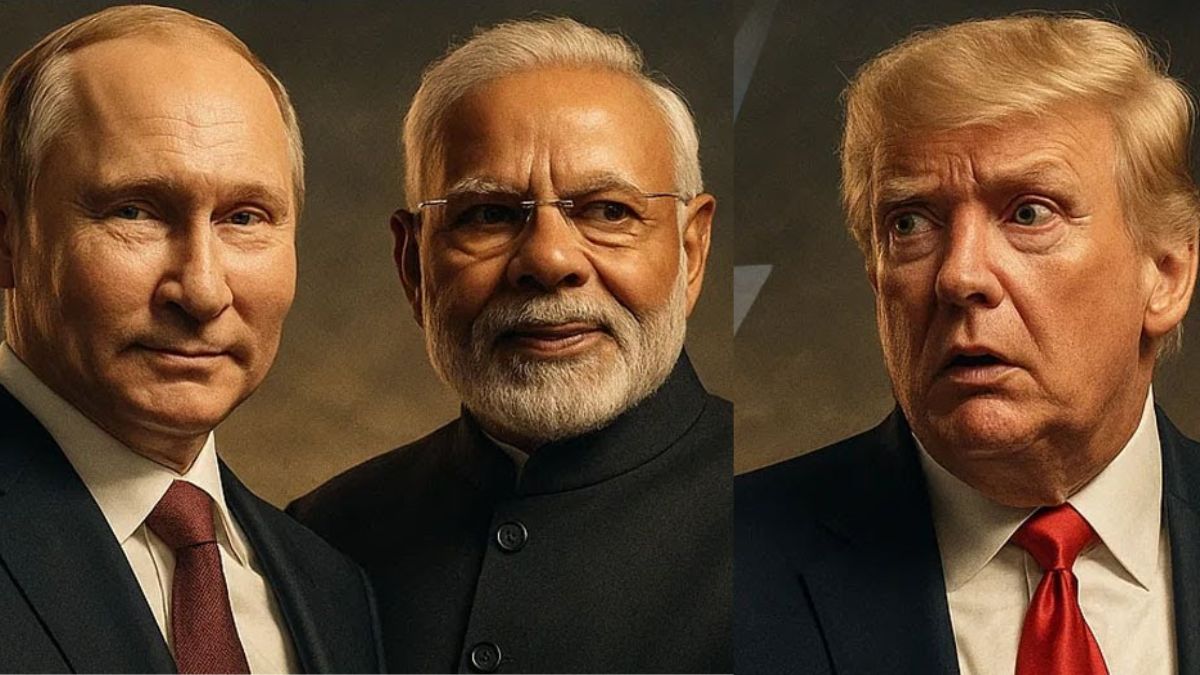)
)
)
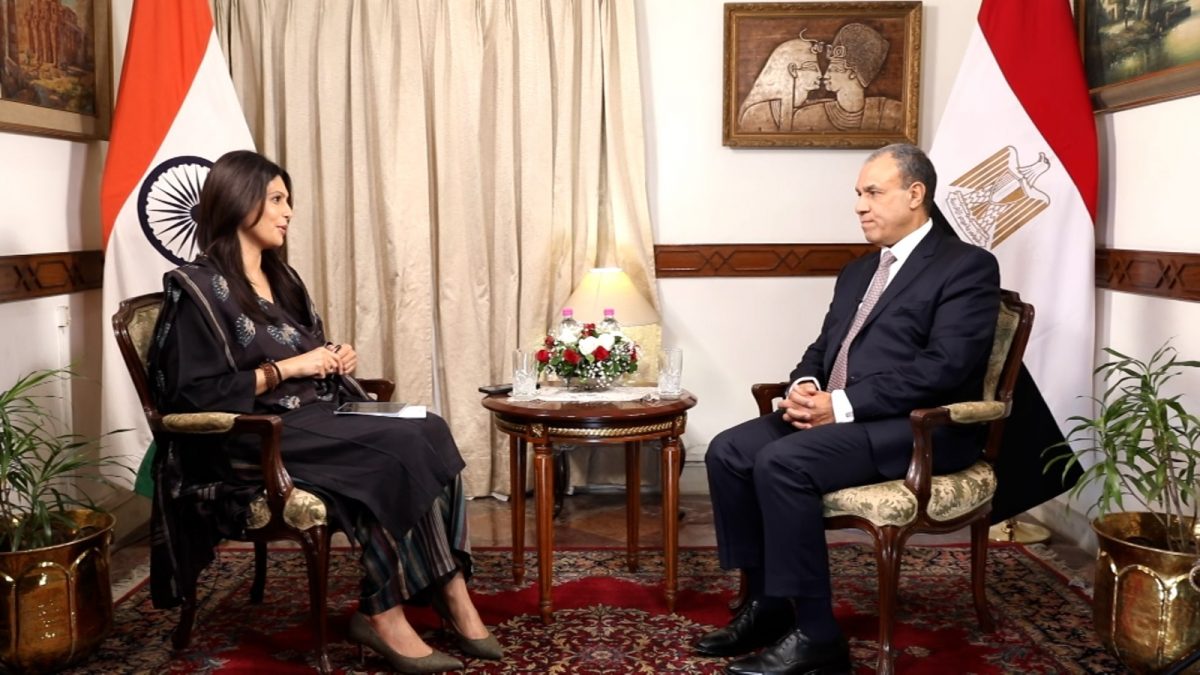)
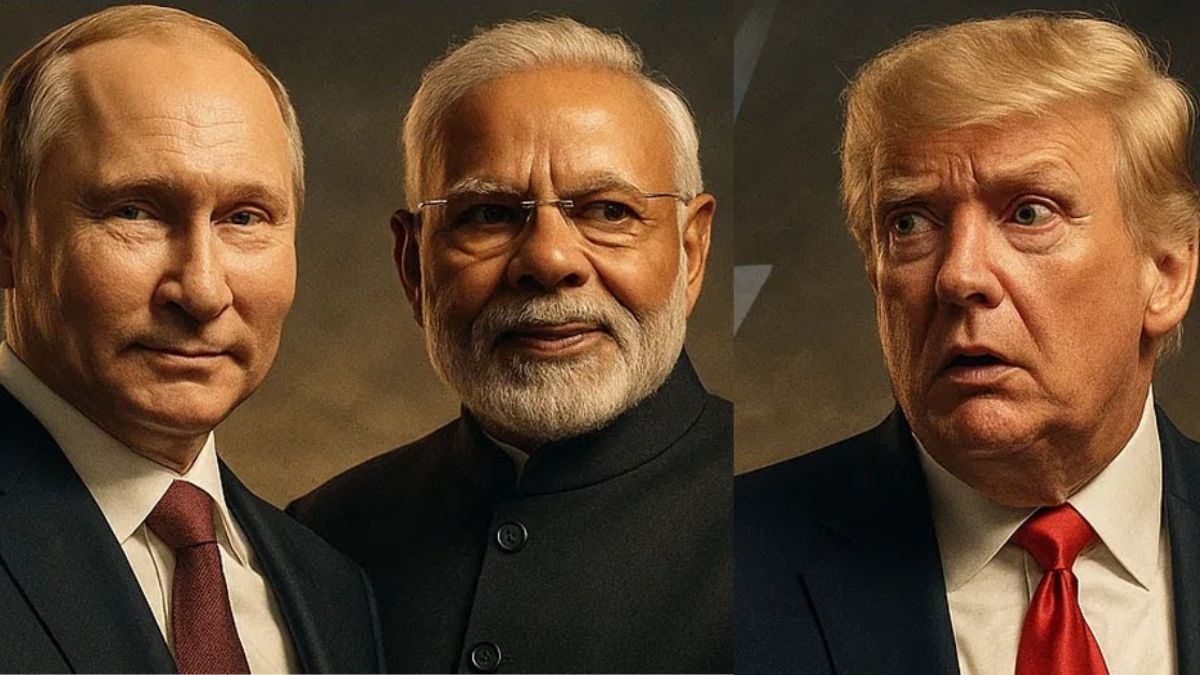)
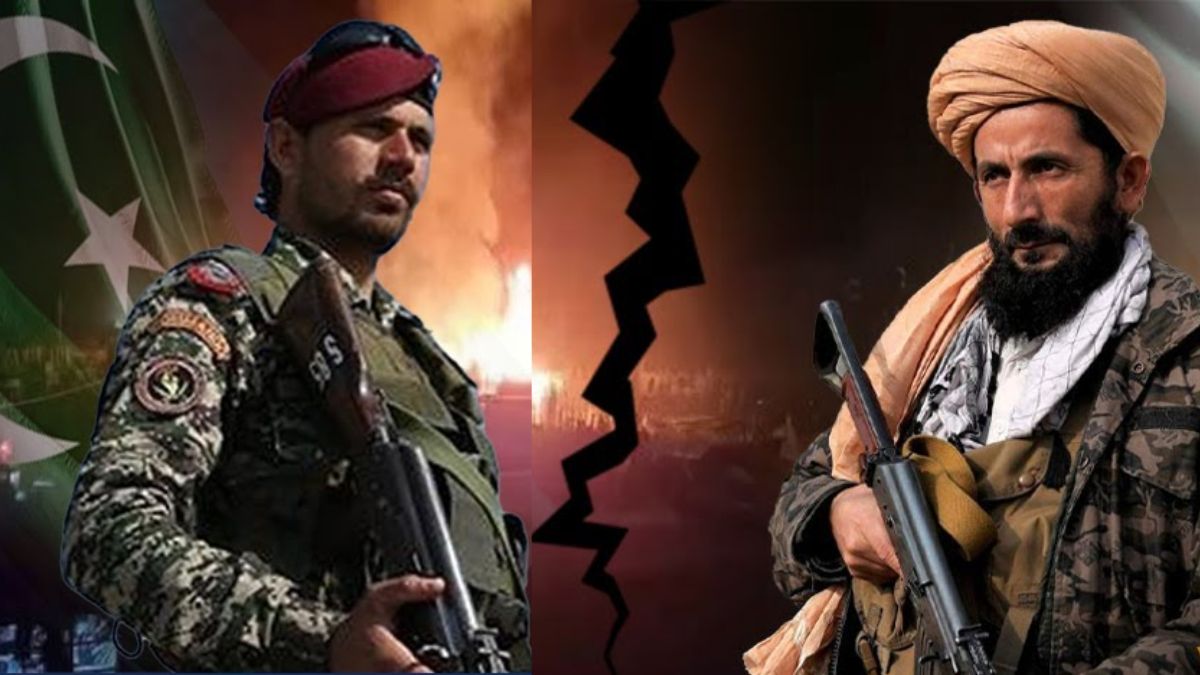)
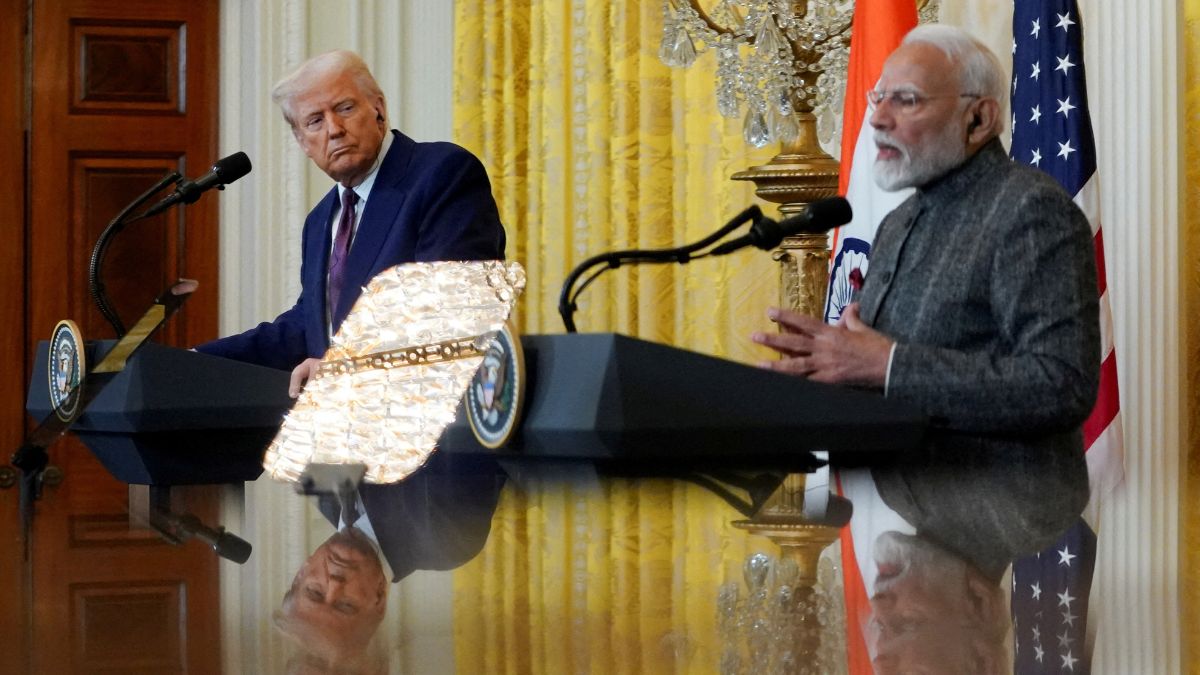)
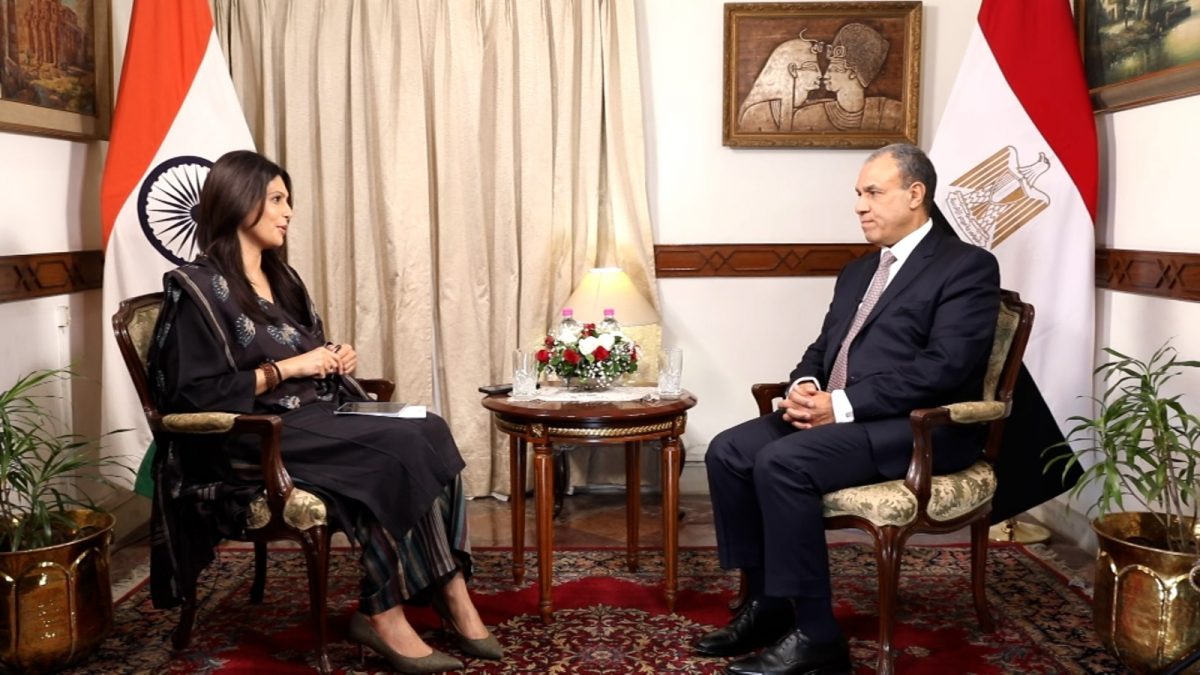)



